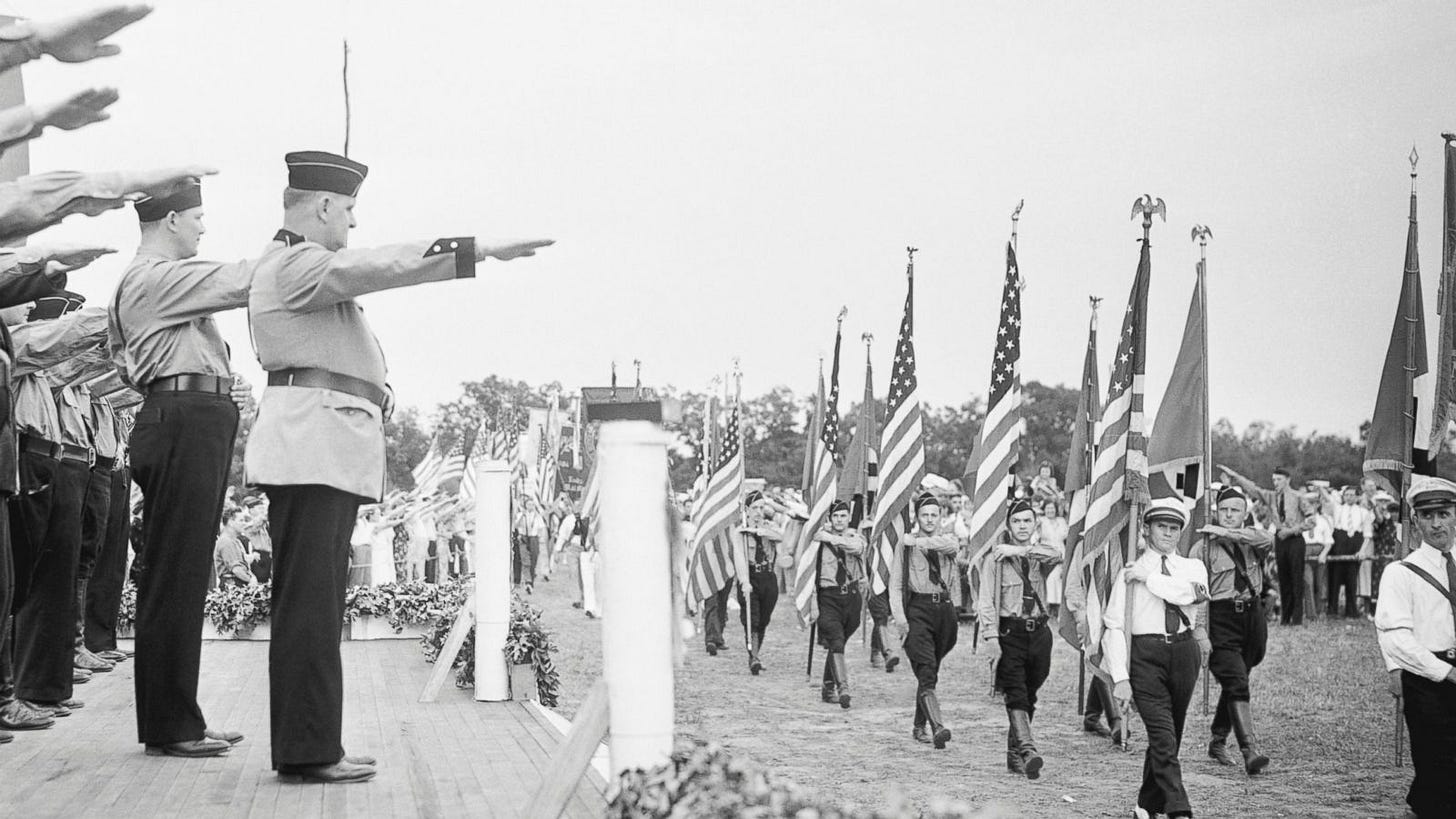On Memory
The recent political tilt to the right in Germany has occasioned some comment, as the Völkisch and xenophobic AfD has gained ground, but the U.S. is parochial, at the best of times, and the looming presidential election is being characterized - accurately - as a battle for the American soul. In this context, a struggle for the German political soul isn’t even on our radar.
AfD (the “Alternative for Germany”) has shown a lot of strength in Saxony and Thuringia. If the names don’t mean anything to you, they were the two southernmost states of the former East Germany. Rightwing sentiment has gained ground in what were once Soviet satellites, because these people feel neglected and condescended to by the humming engines of capital in western Europe. AfD is what’s called Eurosceptic, which is second cousin to Brexit. They’re anti-immigration, and specifically anti-Islamic. This mix of inferiority and chauvinism drives the skinhead rage mentality – and I’m guessing incel, small-dick energy works its magic, as well.
This is of course reminiscent of the 1920’s and 1930’s, when the Reds and the grievance-filled Right were kicking each other to death in the streets (Horst Wessel was pimping out his girlfriend when he was gunned down by a couple of Communist paramilitary thugs). A horror of Bolshevism solidified reactionary resentments, and led to Fascist militias, the Iron Guard in Romania, the Arrow Cross in Hungary, the Falange in Spain, and the Brownshirts in Germany. Might put you in mind of those Stolz Jungen.
It’s an interesting phenomenon that German popular culture seems better equipped to engage these contradictions than American culture is. There was a time, back during the Cold War, when you wouldn’t find too many Germans eager to admit nostalgia for the Reich, even though Hitler was virulently anti-Russia and anti-Communist. The best you could hope for was some drunk, late at night, telling you he’d fought at the Bulge (the Germans called it Wacht am Rhein), and maybe he and your dad had traded rifle fire and missed. The student Left, though, claimed the Bundestag was full of old, unredeemed Nazis; and the Right said the kids were a bunch of Commie lackeys and bomb-throwers. There was some of each on both sides: the Left did turn to terror, with Baader-Meinhof and the Red Brigades, while the rightwing press, as exemplified by the Axel Springer media empire, ginned up as much extra hysteria as the market would bear. Just to add to the mix, the West German and East German security agencies had interpenetrated each other, so none of their counterintelligence was worth a damn, and their influence operations were sabotaged. The end result was a hot mess. You couldn’t sort the wheat from the chaff. The point I want to make is that the historical record was being distorted at the time, and it’s being more accurately recovered in hindsight.
Movies like Downfall (Hitler in the bunker), The Lives of Others (Stasi surveillance), and The Baader-Meinhof Complex (1960’s terror groupies) have been commercially successful – somewhat surprisingly, to my mind – both in domestic German box office, and abroad. This suggests that there’s (A), a certain curiosity for self-examination, and (B), a market for it. Clearly, if you can sell it, you want to provide the product. It makes me wonder, what’s going on in this country, that we want to bury so many stories? Is it really that uncomfortable, to talk about the legacy of slavery, or the Japanese internment camps, or the Indian Wars? I must be missing something. Who benefits? I don’t understand how sanitizing history works in our favor.
If you follow the biography of Stalin, in official Soviet photographs, little by little the other Old Bolsheviks fall away, purged or disgraced, and they get cropped out of the pictures. Eventually only Stalin is left. There’s a certain historical truth here, in that Stalin, always a solitary, bears the burden alone. Perhaps it’s better if we don’t complicate the narrative. Stalin takes all the credit, and Stalin gets all the blame. Which absolves the rest of us. Nobody’s complicit. That’s the problem with real history. It isn’t convenient, it’s got sharp corners. You have to remember what you did yesterday.


